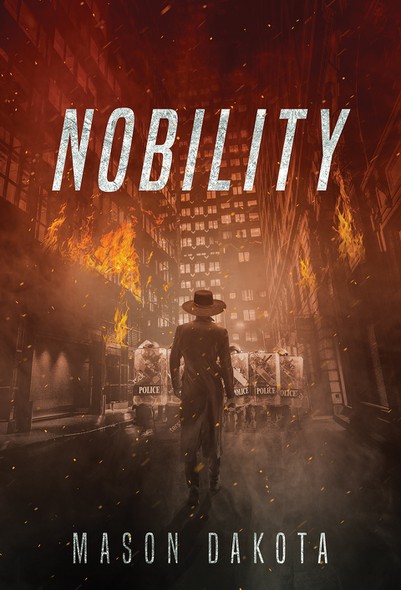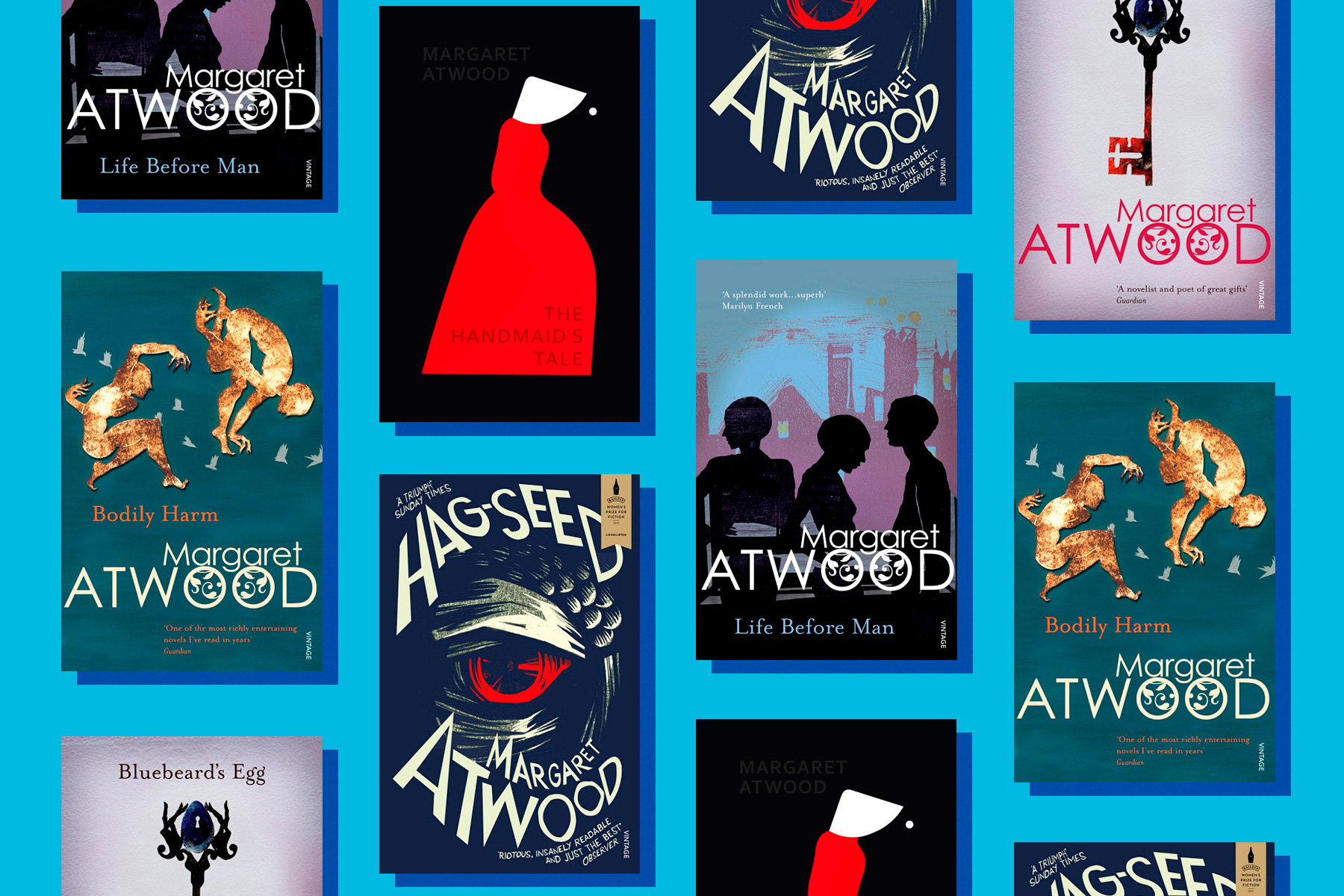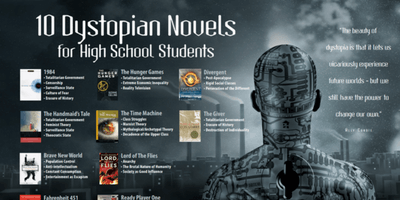Dystopian literature is a genre that explores the negative aspects of a society, often set in a future or an alternate reality, and frequently portrays a world in which oppressive governments or other controlling forces dominate the lives of the individuals within it. These books often serve as cautionary tales, warning readers about the dangers of totalitarianism and the importance of individual freedom and autonomy.
Some of the most popular dystopian books include George Orwell's "1984," Aldous Huxley's "Brave New World," and Margaret Atwood's "The Handmaid's Tale."
"1984," published in 1949, is a classic dystopian novel that presents a bleak vision of the future in which the government has complete control over the lives of its citizens. The protagonist, Winston Smith, works for the government and is tasked with rewriting history to fit the narrative of the ruling Party. The Party's leader, Big Brother, is always watching, and dissent is ruthlessly punished. "1984" has become a cultural touchstone and its themes of censorship, surveillance, and propaganda are still relevant today.
"Brave New World," published in 1932, is another classic dystopian novel that presents a disturbing vision of the future. In this society, people are genetically engineered and conditioned to fulfill specific roles in society, and any deviation from the norm is punished. The novel explores the dangers of using science and technology to create a perfect society and the importance of individual freedom and autonomy.
"The Handmaid's Tale," published in 1985, is a dystopian novel set in a near-future society in which women are stripped of their rights and freedoms and are treated as property. The main character, Offred, is a "handmaid," a woman whose sole purpose is to bear children for her male "owner." The novel explores themes of gender inequality, reproductive rights, and the dangers of religious extremism.
These popular dystopian novels continue to be widely read and discussed, and their themes and warnings remain relevant to this day. They serve as a reminder of the importance of individual freedom and autonomy, and the dangers of oppressive governments and controlling forces.








